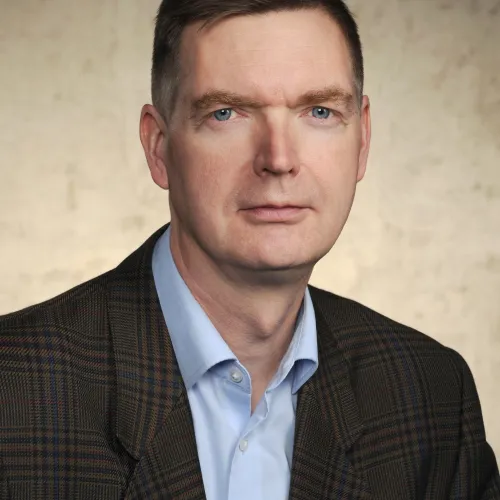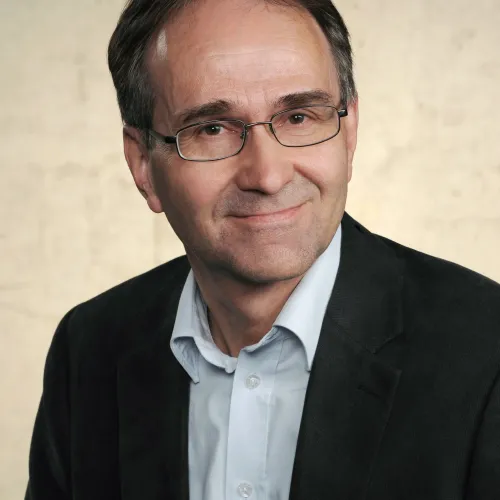LUT University has published an energy report that paints a comprehensive picture of factors affecting the development of the Finnish energy system. A total of 19 experts from the LUT School of Energy Systems contributed to the report with the objective of helping Finland achieve its climate and energy strategy goals, including carbon neutrality by 2035.
”Making an impact on society is one of the three missions of a university in addition to education and research. Energy policy dialogue tends to focus on individual technologies and can’t see the forest for the trees. Our report describes a variety of solutions as part of a wider systemic entity,” explains Olli Pyrhönen, dean of LUT University’s School of Energy Systems.
The report is targeted for anyone interested in the development trends of the energy system. It is written in terms understandable to the layperson, and people without a degree in energy technology get a sufficient grasp of the content.
Wind, solar and nuclear power and biomass play a key role
The report states that the most important forms of energy in Finland are wind power, solar photovoltaic electricity, nuclear power, and biomass. In addition, the report discusses topics such as a hydrogen economy, carbon dioxide recovery and utilisation, energy storage, and energy efficiency.
“The energy system of the future is influenced by many expectations and parallel development trends. There are many possibilities that are not mutually exclusive. The aim of our report is not to steer decision-making in a particular direction but to relate facts about different solutions,” says Timo Hyppänen, LUT University’s professor emeritus and the project manager of the energy report.
The most important objectives in the development of the energy system are cost efficiency, supply security and zero emissions. These aspects have an essential effect on national competitiveness and well-being. Therefore, the energy strategy and energy system should be developed in future Government Programmes.
“Our next move is to coordinate national collaboration in order to pool our strengths and conduct a careful techno-economic analysis of Finland’s energy-related future. Our energy report is meant to spark discussion, and we welcome especially the science community’s comments,” Pyrhönen continues.
Towards a carbon-neutral Finland – LUT University’s energy report
- The report is based on scientific research.
- The report offers reliable information on different energy production methods, the current state of the Finnish energy system, and future development trends.
- The authors are researchers specialising in energy systems, and they follow, study and develop technical solutions in their field.
- Send comments, feedback and interview requests to media@lut.fi.
- Our emails are of the form firstname.lastname@lut.fi.
LUT is a leading university in energy research
- The School of Energy Systems at LUT University employs over 200 researchers in the field of energy.
- LUT’s energy research focuses on areas such as power electronics and high-speed technology, nuclear power and safety, bioenergy, and smart grids and energy system IoT solutions.
- LUT develops carbon-neutral energy solutions in close cooperation with companies.
- Over the years, LUT has also prepared several scientific reports on the strategic possibilities of a hydrogen economy in Finland. The most recent reports deal with the hydrogen potential of the Åland Islands, the Bay of Bothnia, and South-east and Eastern Finland.
Experts of the energy report
Biomass: Tapio Ranta
Nuclear power: Juhani Hyvärinen
Hydro power: Esa Vakkilainen
Wind power: Petteri Laaksonen
Solar energy: Jero Ahola
Energy utility use of waste: Mika Horttanainen
Geothermal energy: Tero Tynjälä
Hydrogen economy: Pertti Kauranen
Fossil fuels: Esa Vakkilainen
Carbon capture, utilisation and storage: Jouni Ritvanen
Electricity: Esa Vakkilainen
Heat: Juha Kaikko
Climate change and health impacts of electricity generation: Jouni Havukainen ja Esa Vakkilainen
Energy saving and energy efficiency: Jero Ahola ja Esa Vakkilainen
Demand response: Samuli Honkapuro ja Jukka Lassila
Energy reserves: Pertti Kauranen ja Teemu Turunen-Saaresti
Storage and transfer of energy carriers: Tero Tynjälä ja Hannu Karjunen
Balance between energy production and consumption: Timo Hyppänen
Sector integration: Tero Tynjälä
Infrastructure: Tero Tynjälä ja Hannu Karjunen
Transport: Teemu Turunen-Saaresti
Industry: Esa Vakkilainen
Energy markets: Samuli Honkapuro, Jero Ahola ja Esa Vakkilainen
Investments: Petteri Laaksonen
Expenses: Timo Hyppänen ja Jouni Ritvanen
Export opportunities for Finnish carbon neutrality expertise: Risto Soukka
More information:







